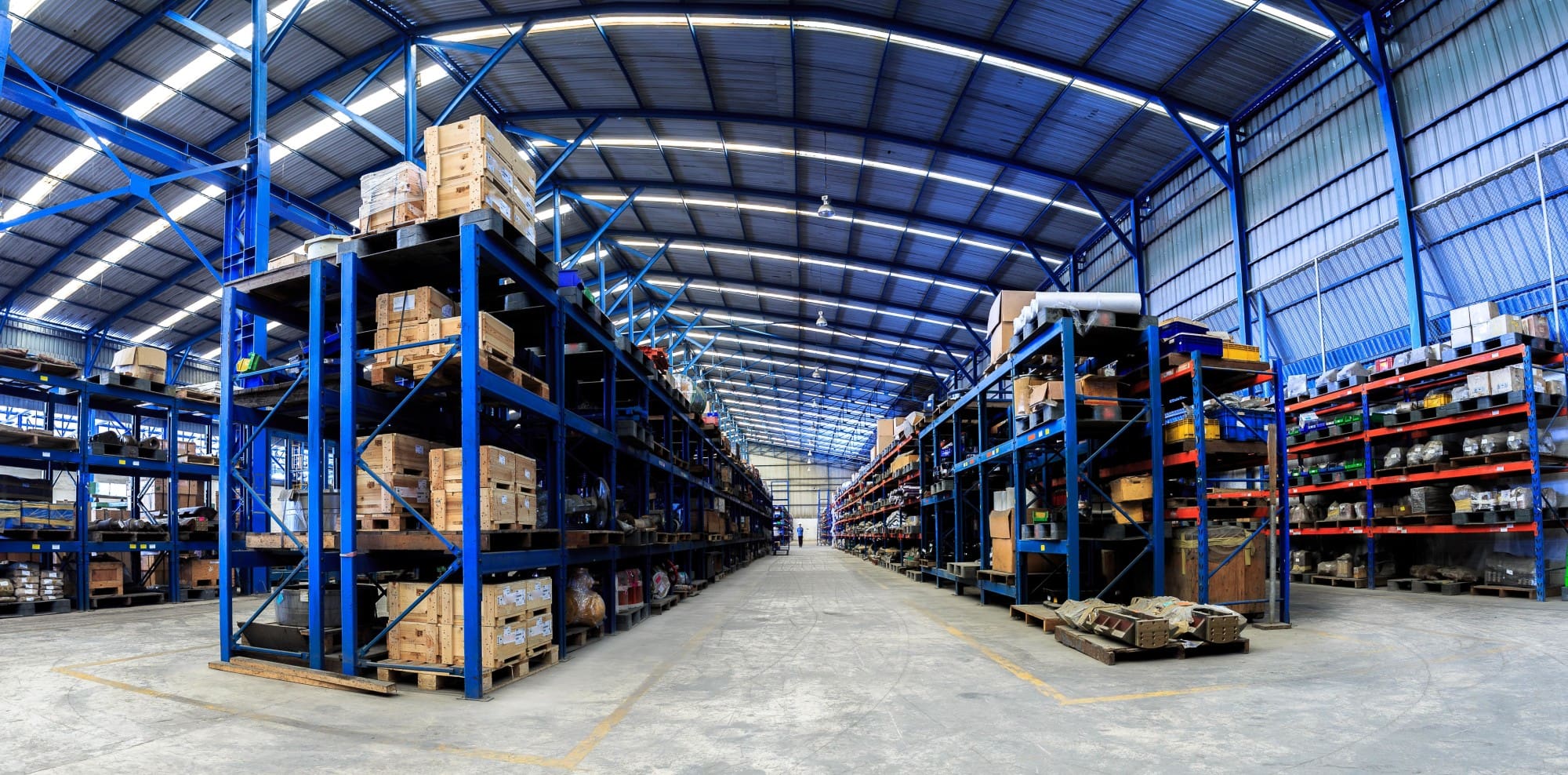There may be predictions about the importance of automation in our supply chains but does that mean people aren’t important anymore. The Forbes Technology Council makes it clear that the number one issue is a shortage of talent. That’s encouragement, if it were needed, for talented warehouse managers across America.
We’ve all seen online deliveries have made increasing demands on warehouse management. From Amazon to Walmart, warehouse management has been at the center of operations management. Read on to learn more about how warehouse management is stepping up to the plate.
What’s Warehouse Management
Management of warehouses might seem a simple definition for this central aspect of supply chain management. Managing warehouses is too static a definition. It fails to communicate the variety, scale, and dynamic nature of the management task faced by warehouse managers.
Warehouse management might be better understood as the management of all the moving parts of a warehouse. That includes the inventory, the equipment, and vehicles. It also includes the technology, systems, and data engaged in the operation.
Perhaps most importantly it includes the people. The recruitment, training, engagement, and retention of the human talent needed to deliver all that is expected of the warehousing operation. People management is perhaps the most challenging of all the dimensions of warehouse management.
Warehouse management is applied to the receiving, storage, and shipping of goods. The range of methods is bewildering and varies with the nature of the goods and markets served. Warehouse management might involve handing shipping containers containing many thousands of items and also with the dispatch of a single item to a consumer.
Warehouse Management Challenges
Covid-19 has certainly disrupted much around the world in 2020. Warehouse management has seen its share of disruption too.
There’s been a need to respond to volatile demand, shortages of labor, and not least safety concerns. Covid-19 has demonstrated that warehouse management can be as much about resilience as efficiency. Agility has been key.
The traditional warehouse management concerns, at the heart of the supply chain operation, continue to be important. Perhaps there’s a new spin to each.
Accuracy
Managing inventory has always been about accuracy. Accurate data is especially important as warehousing is increasingly handling the smallest unit of distribution and fulfilling delivery to the final consumer.
Efficiency
Cost is never far from the warehouse manager’s concerns. If, as Covid-19 has taught us, resilience is important, it mustn’t come at a prohibitive cost.
Utilization
Warehouse space is expensive. Asset utilization is especially challenging when what items are fast-moving changes so frequently. Warehouse management must adapt to the volatility of markets.
Optimization
Automation will provide the means to optimize the picking and movements of goods. Less handling, shorter journeys, and less equipment wear and tear are all about how to optimize a warehouse.
Safety
Covid-19 has brought safe working to the fore. It needn’t stop there. Environments with forklift trucks, conveyor belts, and people nearby, have to make safe working a priority. The expectation that warehouses are a safer place to work won’t go away when Covid-19 ceases to be a concern.
The Heart of Operations
Warehouse management has been tested by Covid-19. As the world emerges from the pandemic, it must continue to make strides forward. It will continue to be at the heart of operations.
Talk to us about how we can help you with your warehouse management challenges, right here.

